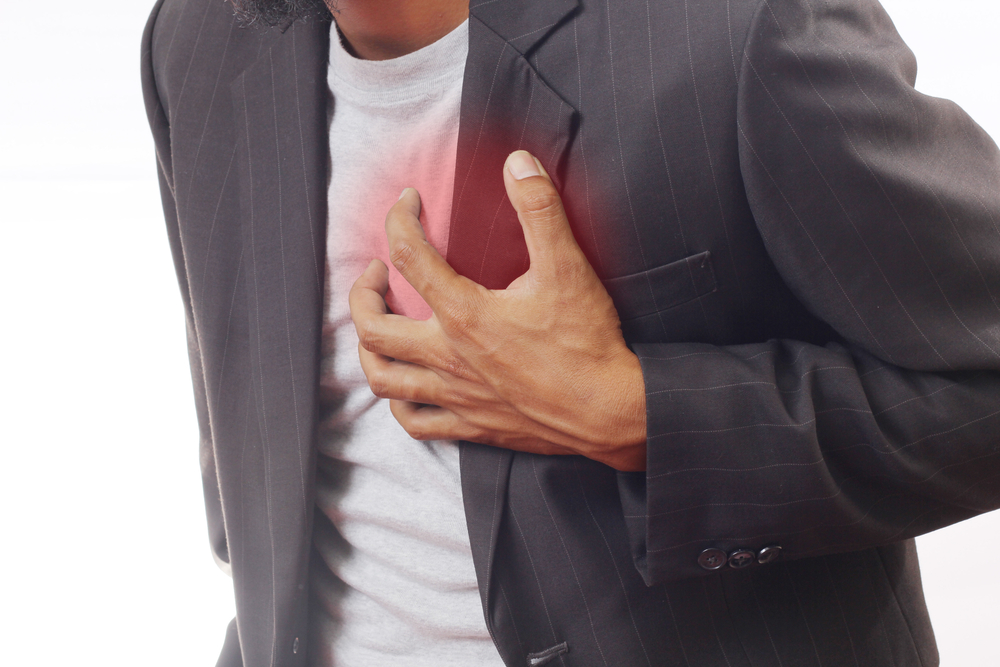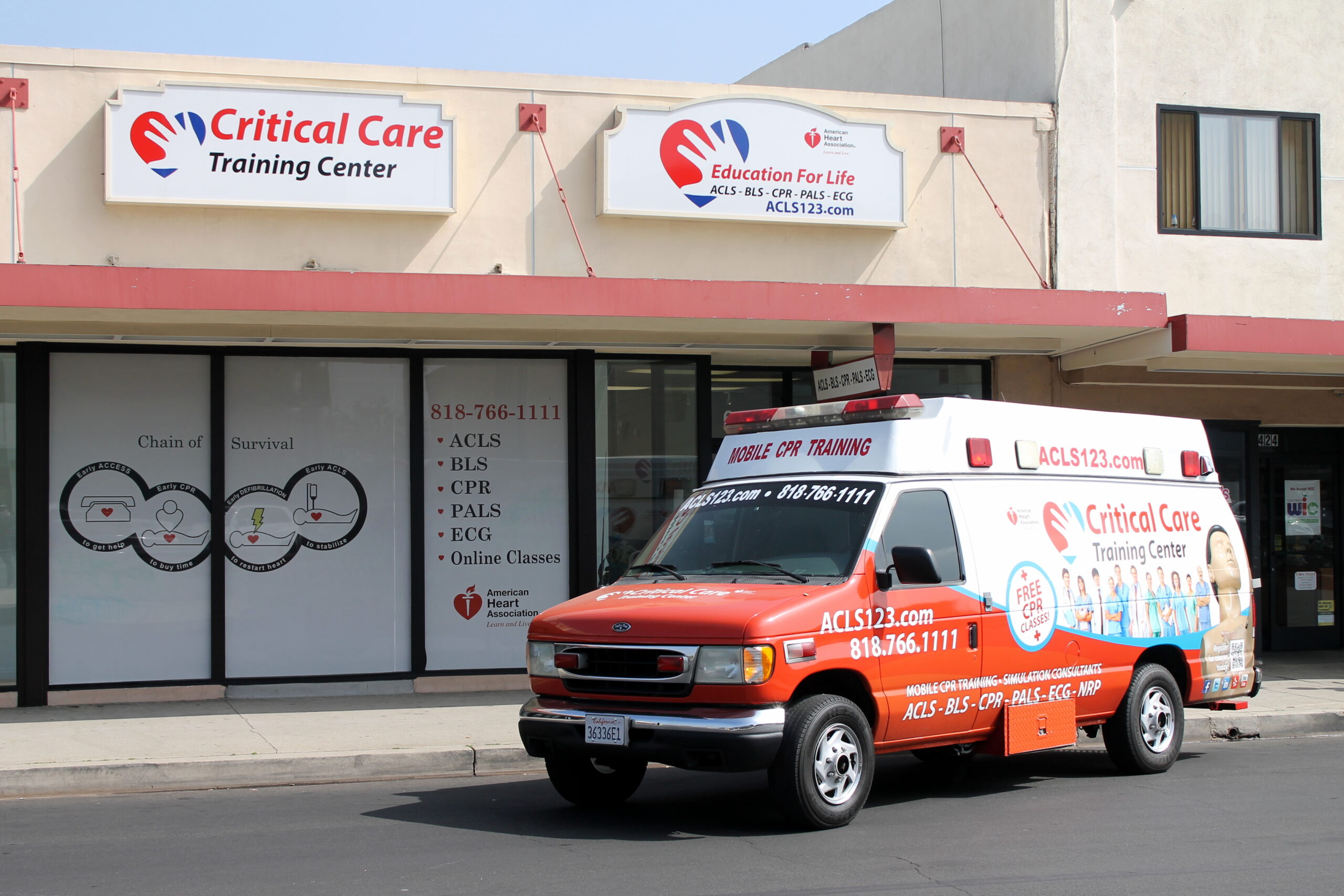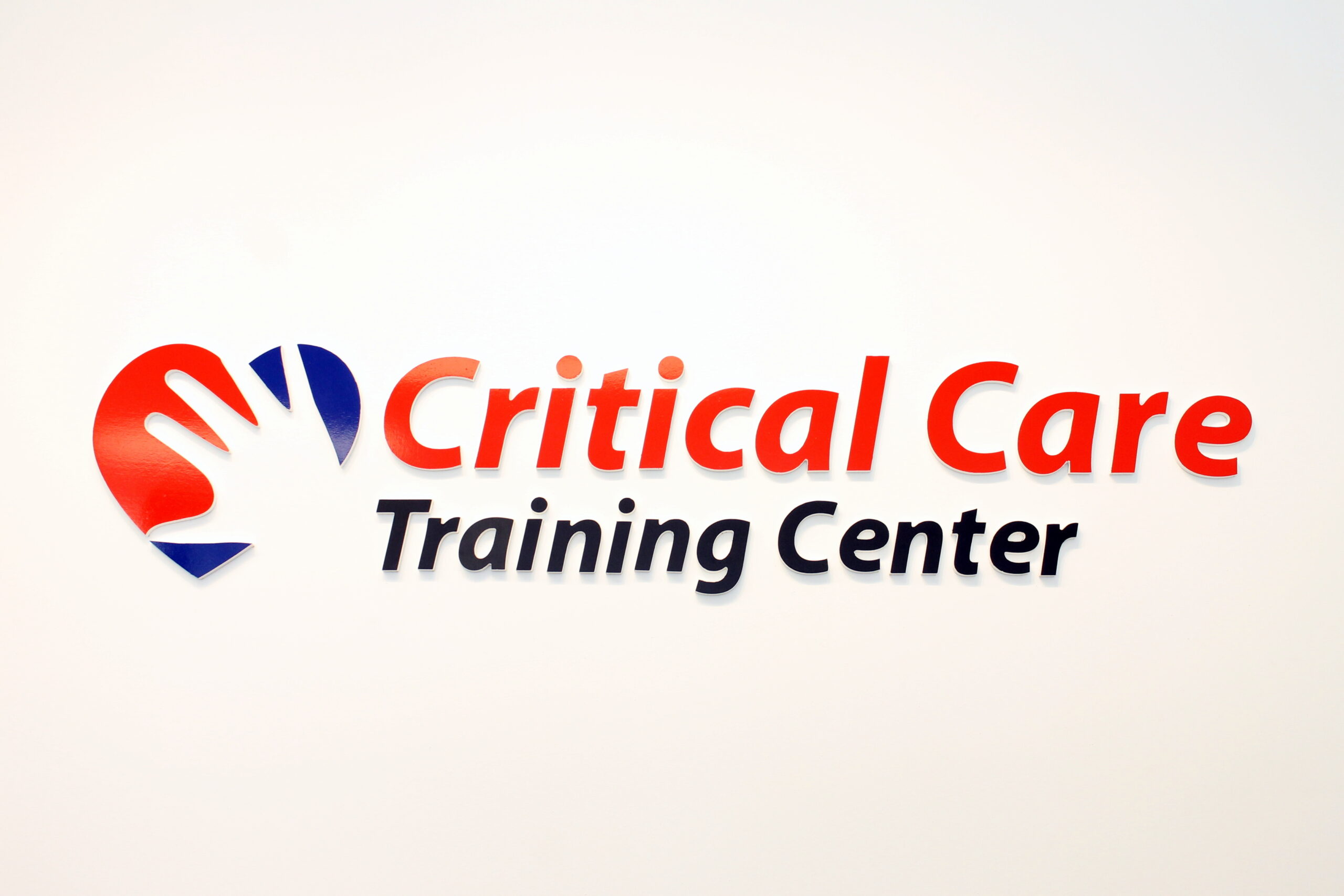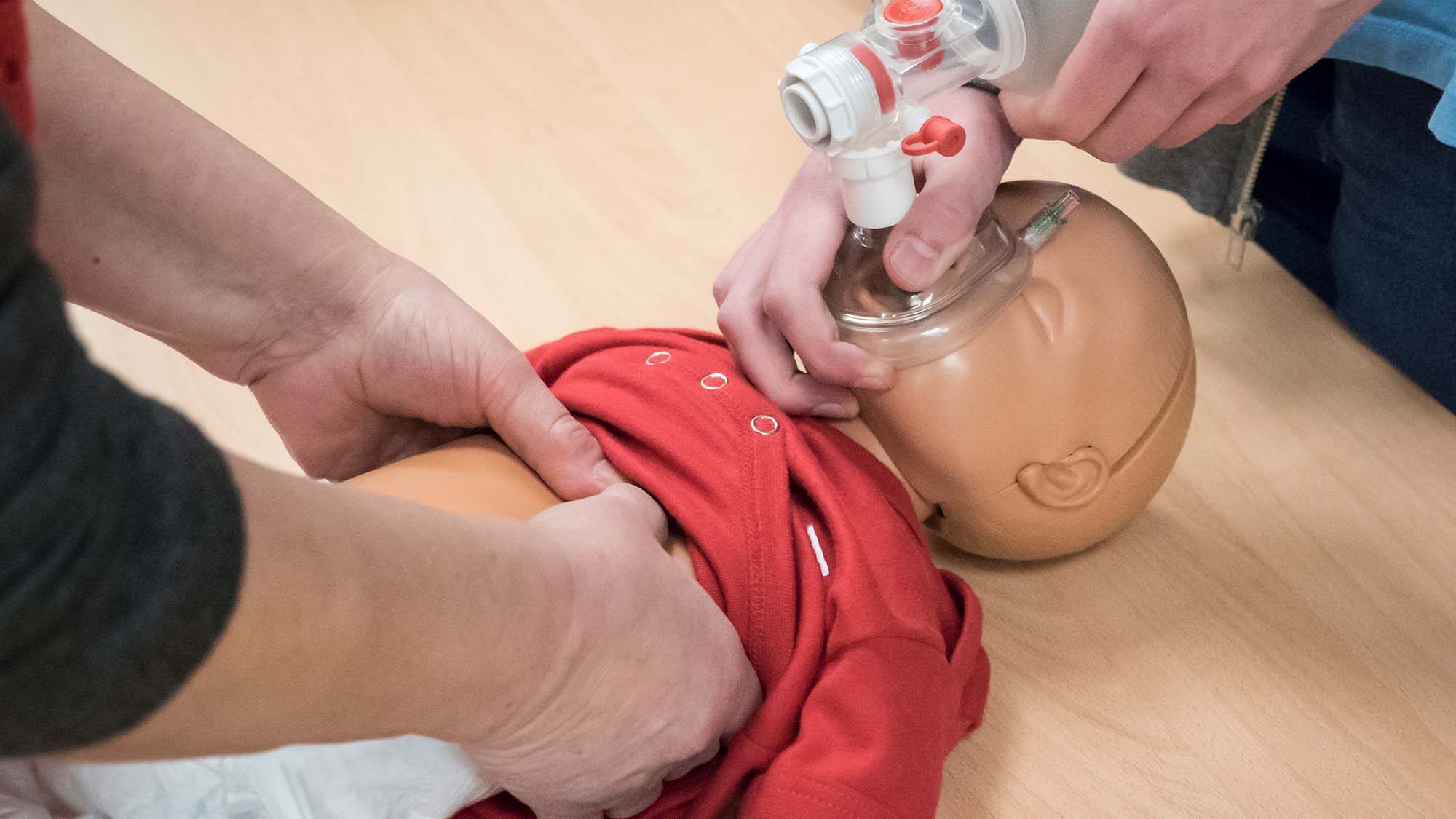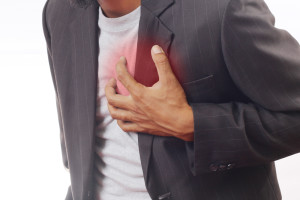
Angina, known formally as angina pectoris, is a condition where the heart is not receiving enough blood, resulting in chest pain. The name angina pectoris translates roughly from Latin as ‘a strangling feeling in the chest’. Since angina symptoms are similar to, and can in fact signal an impending heart attack, they should be treated with urgent, immediate attention.
Symptoms of angina are extremely similar to heart attack symptoms, such as pressure, squeezing and pain in the chest, radiating out into the back and shoulder.
There are three classifications of angina: stable, unstable, and microvascular. Stable angina has symptoms during physical activity, but none at rest. Unstable angina can occur at rest, and symptoms can crescendo in severity. Unstable angina can often be a signal of more serious cardiovascular issues. Microvascular angina is a condition brought on by poor function in blood vessels in the heart and limbs.
Some causes of angina include cigarette smoking, obesity, physical inactivity and family history of cardiovascular disease, generally very similar causes to actual heart attacks.
Angina is usually diagnosed after looking at the cause of the symptoms, and if they abate after rest. A doctor will also note if the symptoms occur after a full meal or cold weather, both of which can exacerbate angina symptoms. Other means, such as an ECG or treadmill test can also be used.
Treatment plans for angina can vary from exercise plans to medications such as nitroglycerine and beta-blockers. In some cases more invasive means are required, such as angioplasty or bypass surgery.
What Is Angina?
Angina (an-JI-nuh or AN-juh-nuh) is chest pain or discomfort that occurs if an area of your heart muscle doesn’t get enough oxygen-rich blood.
Angina may feel like pressure or squeezing in your chest. The pain also can occur in your shoulders, arms, neck, jaw, or back. Angina pain may even feel like indigestion.
Angina isn’t a disease; it’s a symptom of an underlying heart problem. Angina usually is a symptom of coronary heart disease (CHD).
CHD is the most common type of heart disease in adults. It occurs if a waxy substance called plaque (plak) builds up on the inner walls of your coronary arteries. These arteries carry oxygen-rich blood to your heart.
Plaque narrows and stiffens the coronary arteries. This reduces the flow of oxygen-rich blood to the heart muscle, causing chest pain. Plaque buildup also makes it more likely that blood clots will form in your arteries. Blood clots can partially or completely block blood flow, which can cause a heart attack.
Angina also can be a symptom of coronary microvascular disease (MVD). This is heart disease that affects the heart’s smallest coronary arteries. In coronary MVD, plaque doesn’t create blockages in the arteries like it does in CHD.
Studies have shown that coronary MVD is more likely to affect women than men. Coronary MVD also is called cardiac syndrome X and nonobstructive CHD.
Types of Angina
The major types of angina are stable, unstable, variant (Prinzmetal’s), and microvascular. Knowing how the types differ is important. This is because they have different symptoms and require different treatments.
stable angina
Stable angina is the most common type of angina. It occurs when the heart is working harder than usual. Stable angina has a regular pattern. (“Pattern” refers to how often the angina occurs, how severe it is, and what factors trigger it.)
If you have stable angina, you can learn its pattern and predict when the pain will occur. The pain usually goes away a few minutes after you rest or take your angina medicine.
Stable angina isn’t a heart attack, but it suggests that a heart attack is more likely to happen in the future.
unstable angina
Unstable angina doesn’t follow a pattern. It may occur more often and be more severe than stable angina. Unstable angina also can occur with or without physical exertion, and rest or medicine may not relieve the pain.
Unstable angina is very dangerous and requires emergency treatment. This type of angina is a sign that a heart attack may happen soon.
variant (prinzmetal’s) angina
Variant angina is rare. A spasm in a coronary artery causes this type of angina. Variant angina usually occurs while you’re at rest, and the pain can be severe. It usually happens between midnight and early morning. Medicine can relieve this type of angina.
microvascular angina
Microvascular angina can be more severe and last longer than other types of angina. Medicine may not relieve this type of angina.
Overview
Experts believe that nearly 7 million people in the United States suffer from angina. The condition occurs equally among men and women.
Angina can be a sign of CHD, even if initial tests don’t point to the disease. However, not all chest pain or discomfort is a sign of CHD.
Other conditions also can cause chest pain, such as:
- Pulmonary embolism (a blockage in a lung artery)
- A lung infection
- Aortic dissection (tearing of a major artery)
- Aortic stenosis (narrowing of the heart’s aortic valve)
- Hypertrophic cardiomyopathy (KAR-de-o-mi-OP-ah-thee; heart muscle disease)
- Pericarditis (inflammation in the tissues that surround the heart)
- A panic attack
All chest pain should be checked by a doctor.
Other Names for Angina
- Acute coronary syndrome
- Angina pectoris
- Chest pain
- Coronary artery spasms
- Microvascular angina
- Prinzmetal’s angina
- Stable or common angina
- Unstable angina
- Variant angina

